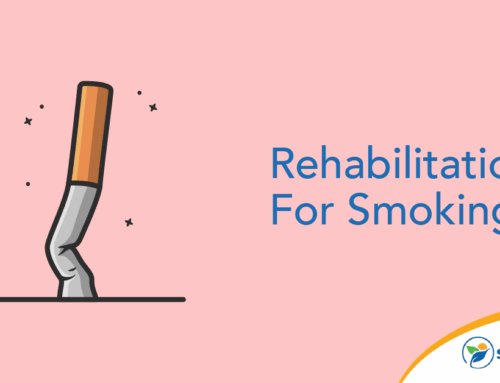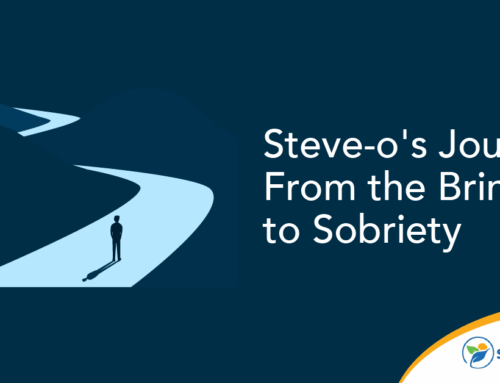Moving on after infidelity is anything but easy. Infidelity isn’t pretty from any angle, and it’s all too common. Research says that up to 25% of married men and up to 15% of married women cheat on their partners at some point in their lives. The shock and emotional turmoil caused by infidelity may linger for quite some time after the fact — even years. The good news is that this, too, shall pass. How fast you spring back from being cheated on depends on a variety of factors, ranging from your support system to the self-care you practice as you heal.
Understanding the Impact of Infidelity
Infidelity, the breach of trust in a romantic relationship, can have profound and far-reaching consequences, affecting the individuals directly involved, the relationship itself and those in their social circles. Emotionally, the impact of infidelity can be devastating, leading to feelings of betrayal, anger and profound sadness. Trust, the foundation of any healthy relationship, is shattered, leaving behind doubt and insecurity.
The repercussions of infidelity extend beyond the emotional realm, often manifesting in physical health concerns, such as stress-related ailments and compromised immune function. The financial implications of infidelity, including legal fees and potential loss of income, can exacerbate the strain on both parties.
In addition to the immediate aftermath, the long-term effects of infidelity can linger, hindering future relationships and eroding self-esteem. Recovery is possible with open communication, professional support and a willingness to address underlying issues.
Understanding the impact of infidelity involves acknowledging its complexities and the multifaceted ways it can affect individuals and relationships. By confronting the challenges head-on and committing to healing and growth, individuals and couples can navigate the aftermath of infidelity and emerge stronger and more resilient.
Steps to Heal and Recover Emotionally
Healing and recovering emotionally from the trauma of being cheated on require a deliberate and compassionate approach. Here are some steps to consider:
- Allow yourself to heal. Permit yourself to experience a range of emotions, from anger and betrayal to sadness and confusion. Acknowledging and processing these feelings is essential for healing.
- Seek support. Reach out to friends and family or a counselor who can provide understanding, compassion and advice as you navigate your emotions. You don’t have to go through this alone.
- Set boundaries. Establish clear boundaries with your partner to protect yourself from further hurt. Communicate your needs and expectations openly and assertively.
- Focus on self-care. Prioritize self-care activities that nourish your physical, emotional and mental well-being. This could include exercise, meditation, journaling or spending time in nature.
- Practice forgiveness. While forgiveness may not come easily or quickly, consider exploring it to release yourself from the weight of resentment and anger. This doesn’t mean excusing or forgetting the betrayal but rather freeing yourself from its grip.
- Engage in healing activities. Participate in activities that bring you joy, fulfillment and a sense of purpose. Surround yourself with positivity and things that uplift your spirit.
- Take one day at a time. Healing is a process, and it’s okay to take things one step at a time. Be patient with yourself, and celebrate small victories along the way.
By making your emotional well-being a priority and taking proactive steps toward healing, you can gradually reclaim your sense of self-worth, trust and resilience after experiencing infidelity.
Moving On After Infidelity: Rebuilding Trust and Self-Esteem
Until you’ve rebuilt the trust that was broken by infidelity and the hit to your self-esteem that may have resulted, moving on to a new, healthy relationship may prove difficult.
Coping with being cheated on involves building trust and self-esteem. This challenging but achievable journey requires patience, self-reflection and open communication. Steps to consider include:
- Communicate openly. Engage in honest and transparent communication with your partner about your emotions, concerns and needs. Establishing clear and open lines of communication can help rebuild trust over time.
- Put yourself first. Prioritize self-care activities that nurture your physical, emotional and mental well-being. This could include exercise, therapy, meditation or spending time with supportive friends and family.
- Seek professional help. Consider seeking guidance from a therapist or counselor experienced in relationship issues. Professional support can provide valuable insights and tools for navigating the challenges of rebuilding trust and self-esteem.
- Take things slowly. Rebuilding trust and self-esteem is a gradual process that requires patience and commitment. Be kind to yourself, and allow yourself the time and space needed to heal.
If you do the work, you can gradually rebuild trust and self-esteem after infidelity, recovering from betrayal and paving the way for a stronger and healthier relationship with your current or future partner.
Moving Forward and Embracing New Relationships
It may look like an insurmountable goal when you’re still raw and unhealed following your partner’s infidelity, but moving forward and embracing new relationships is possible, although daunting. Ultimately, it’s a rewarding journey. First, take the time to heal from the pain and trauma of being cheated on. Allow yourself to feel and acknowledge your emotions before moving forward. Rebuild trust in yourself by recognizing your worth and value outside the previous relationship.
Practice open and honest communication with your new partner, sharing your experiences and concerns and establishing clear expectations. Allow the relationship to develop naturally and at a comfortable pace for both parties. Rushing into things may lead to unnecessary pressure and anxiety.
Focus on compatibility and shared values in the new relationship, and look for someone who respects and values you for who you are. Prioritize self-care and activities that bring you joy and fulfillment to cultivate a strong sense of self-love and confidence.
Be patient and compassionate with yourself as you navigate this new chapter, understanding that healing takes time and infidelity isn’t a reflection of your worth. By taking proactive steps to heal, communicate effectively and prioritize your well-being, moving on after infidelity is possible and allows you to embrace new relationships with hope and optimism.
Reaching Out for Help
Need help moving on after infidelity? Coping with being cheated on can leave you with a mix of emotions, anxiety and depression, but you don’t have to weather this storm alone. Reach out for help from compassionate, caring counselors at Sunlight Recovery as you embark on this new, healthier chapter in your life.







